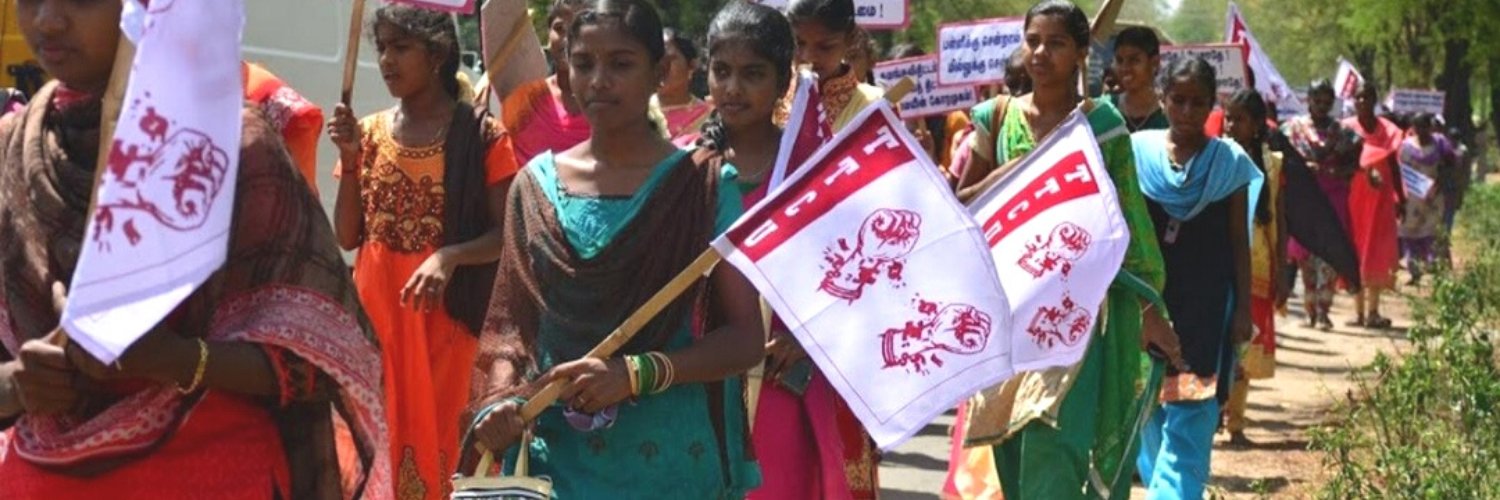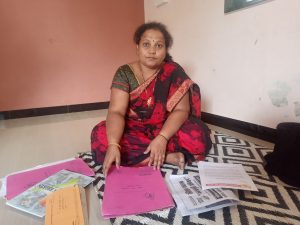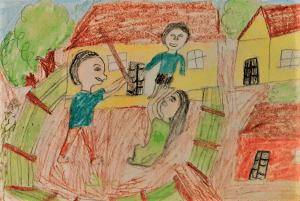After a year-long campaign by a Dalit women’s union in Tamil Nadu, the multinational fast-fashion brand H&M and its Tamil Nadu-based supplier, Eastman Exports Global Clothing Private Ltd, have signed a legally binding agreement to protect the latter’s predominantly female workforce from violence and harassment at work. It is the first-ever such private workplace initiative on gender violence in India, and also Asia.
The agreement comes after the union, the Tamil Nadu Textile and Common Labour Union (TTCU), fought to fix responsibility for the events that led to the January 2021 murder of Jeyasre Kathiravel, 20, a Dalit textile worker at Natchi Apparels, one of Eastman’s units in Dindigul in southern Tamil Nadu. She was allegedly raped and murdered by her factory supervisor, Thangadurai, who had reportedly been harassing her for months before the murder. He has reportedly confessed to the crime and is awaiting trial.
The other signatories to the H&M/Eastman agreement were the TTCU, the Asia Floor Wage Alliance (AFWA), an Asian labour and social alliance, and the Global Labor Justice-International Labor Rights Forum (GLJ-ILRF), a strategy hub. These labour bodies backed the campaign and ensured global attention for the issue.
There have been multiple reports (see here, here and here) on the harassment of women workers in India’s textile and apparel sector and the demands for intervention. Women constitute upto 60% of the sector’s workforce but the lack of gender and caste diversity at the managerial level prevents their voices from being heard, say labour activists and workers.
For instance, an independent investigation by the TCCU into sexual harassment at the Dindigul unit found that there had been no response when at least 25 workers had complained to their supervisors. A culture of impunity prevailed at the factory unit, the report said.
The agreement is also significant because it is the second such to hold an international fashion brand liable for worker safety at its Asian textile units. (The first was the Accord on Fire and Building Safety in Bangladesh, signed after the 2013 industrial disaster at Rana Plaza in Dhaka that killed 1,132 workers and left at least 2,500 injured. Signed by over 190 brands, it covers more than 2 million workers across the country’s over 1,600 garment and textile factories.)
The pact is unique in that it lies at the intersection of gender-based violence and harassment, caste oppression and workers’ freedom to form associations with unions. “It has been made structurally difficult for Dalit women workers to access legal resources,” said human and labour rights lawyer Maitreyi Krishnan. “The risk in taking recourse to legal measures or resources is pretty high since these contractual workers are deprived of job security. Historically, Dalit workers have been placed in extremely vulnerable working conditions to prevent them from speaking out against exploitation,” she said.
Behanbox could not view the agreement in its entirety as it was signed on the condition of non-disclosure.




